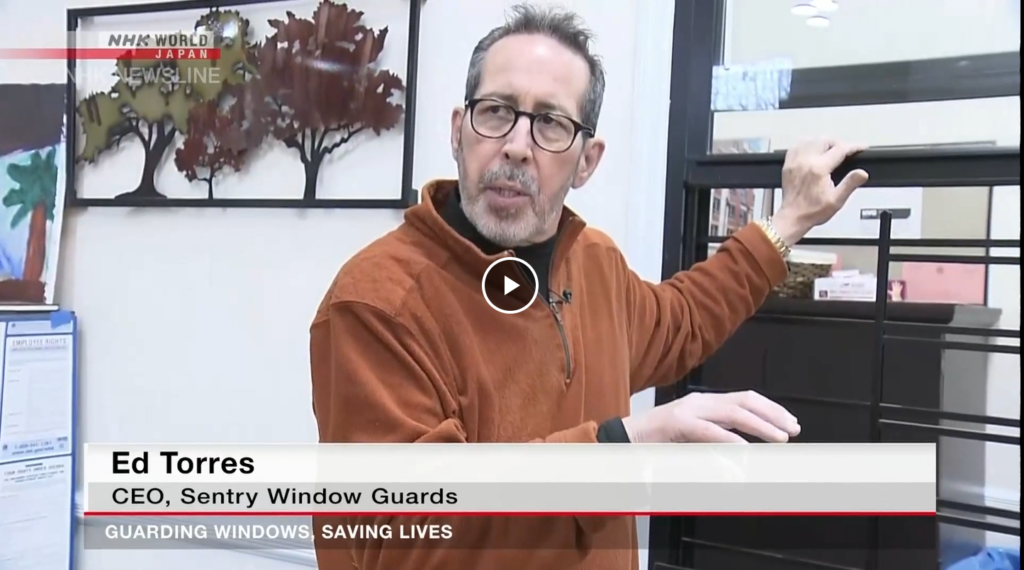According to The National Pest Management Association (NPMA), best practices must be exercised when trying to keep cockroach hot spots pest-free. Proper sanitation and the elimination of moist areas in the home is key in this effort. Spring is the perfect time to be proactive by inspecting your home and practicing habits to avoid an infestation. Focus on these three areas for cockroach prevention:
1 – KITCHEN: We know kitchens can be the dirtiest room in the home. Ironically this should be the cleanest room because handling, cooking and serving food is at risk of bacteria if not cleaned properly. Clean up crumbs, spills and dirty dishes right away. Check for crumbs stuck in corners, around cabinets, under sinks and under appliances. Store food and pet food in airtight containers. Clean off counters, sinks, tables and floors thoroughly every day.
2 – BATHROOM: Cockroaches love bathrooms because they tend to be the moistest room in the home. Your best line of defense is to fix any leaky faucets and wipe up standing water around sinks, tubs and toilets. Don’t leave wet towels or bath mats on the ground. Hang to dry or wash immediately.
3 – BASEMENT: If you have a basement, thoroughly inspect it for any cracks or crevices that pests could use to enter the home. Repair immediately if found, to include worn weather-stripping around windows. Eliminate any clutter in the basement to eliminate potential hiding spaces for cockroaches. If you are living in an apartment and have a storage unit, you may want to confirm with your building manager that pest control prevention is being addressed.
Cockroaches aren’t just creepy pests; they pose significant threats to humans. Decomposing body parts, saliva and feces can trigger asthma symptoms and cause allergic reactions. And if that wasn’t scary enough, they can also spread 33 kinds of bacteria to include Salmonella and E. coli.
At Sentry Window Guards we make it our mission to help keep families safe. While our business is to help prevent falls from windows, we also recognize the importance of pest control and disease prevention. Be proactive now. Avoid potential infestations and keep you, your family and your home safe by contacting pest control professionals.
For more information regarding our window guard products and our experience and leadership in understanding NYC safety requirements, contact us today!









